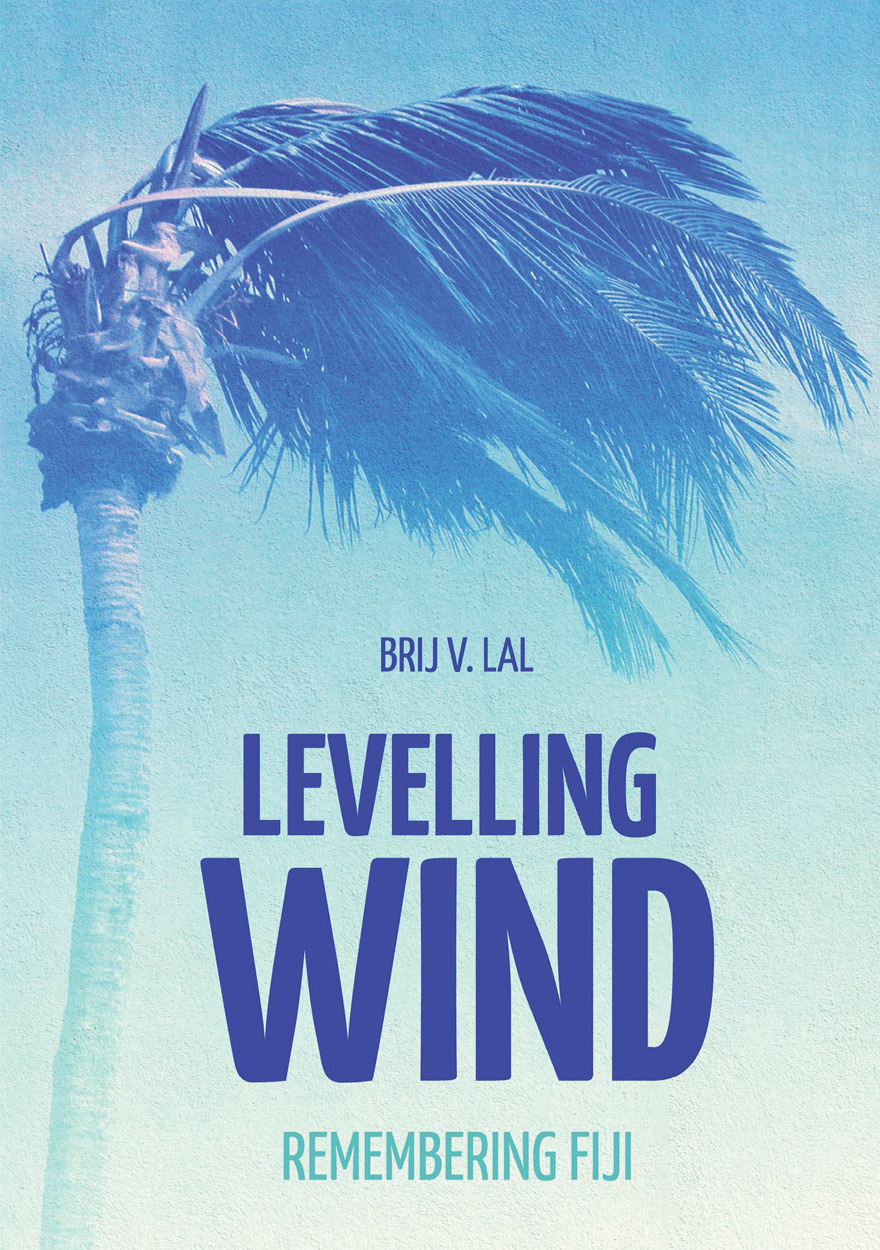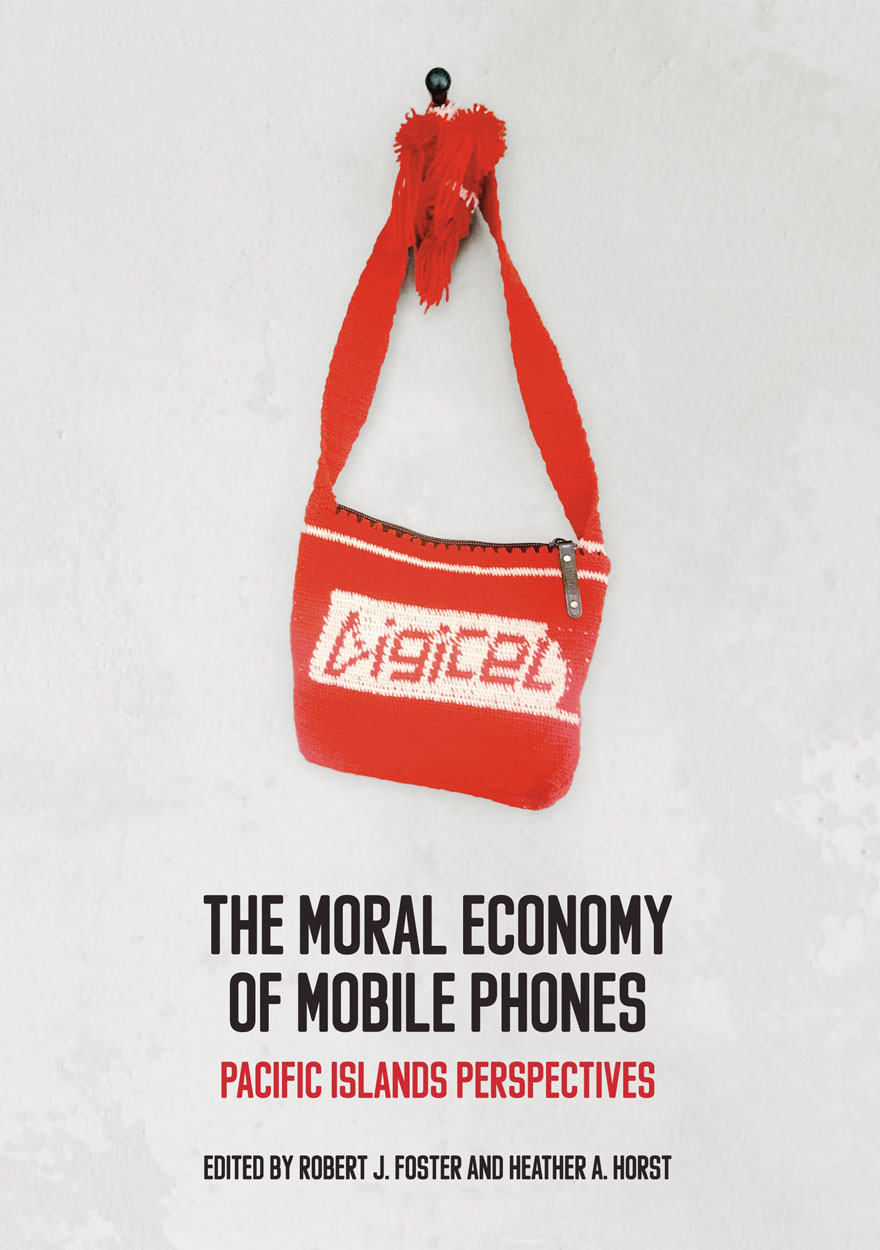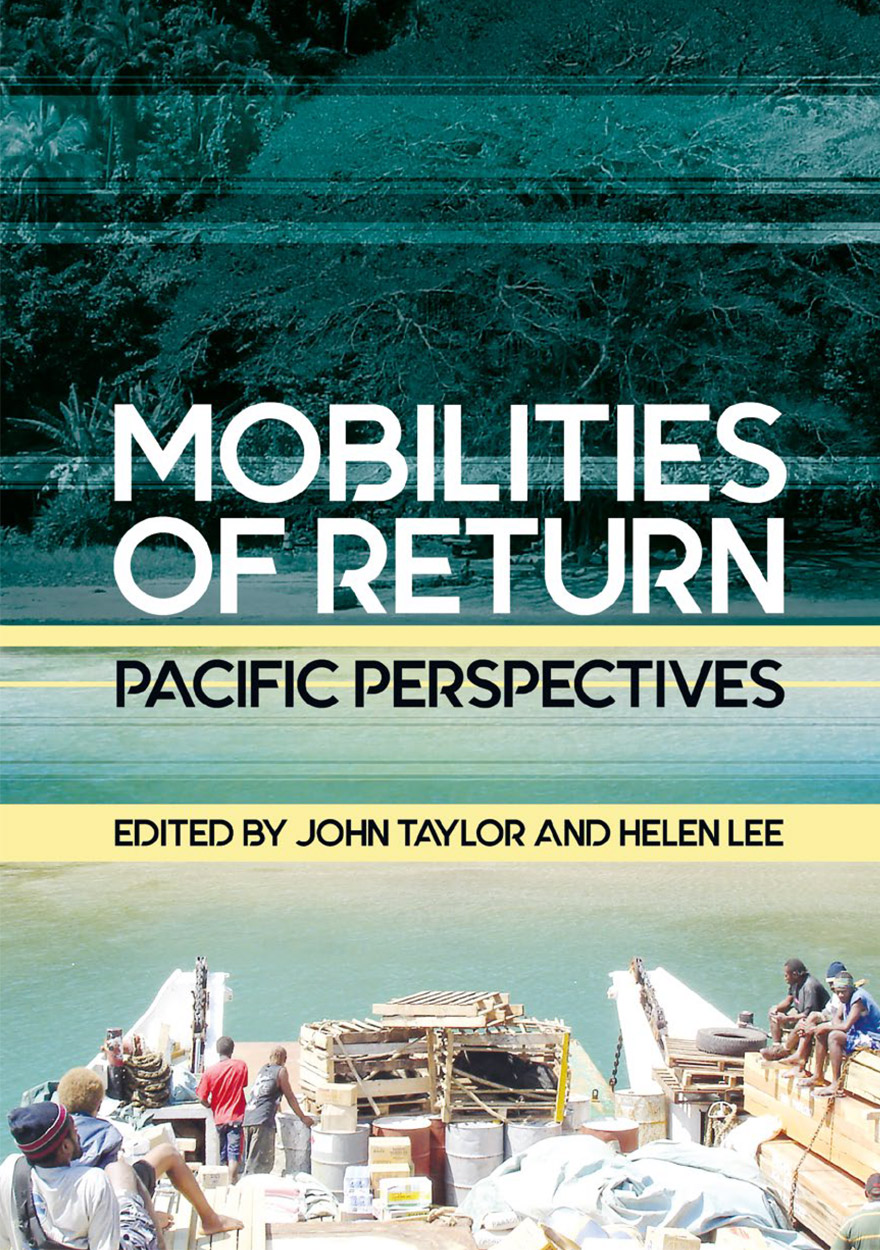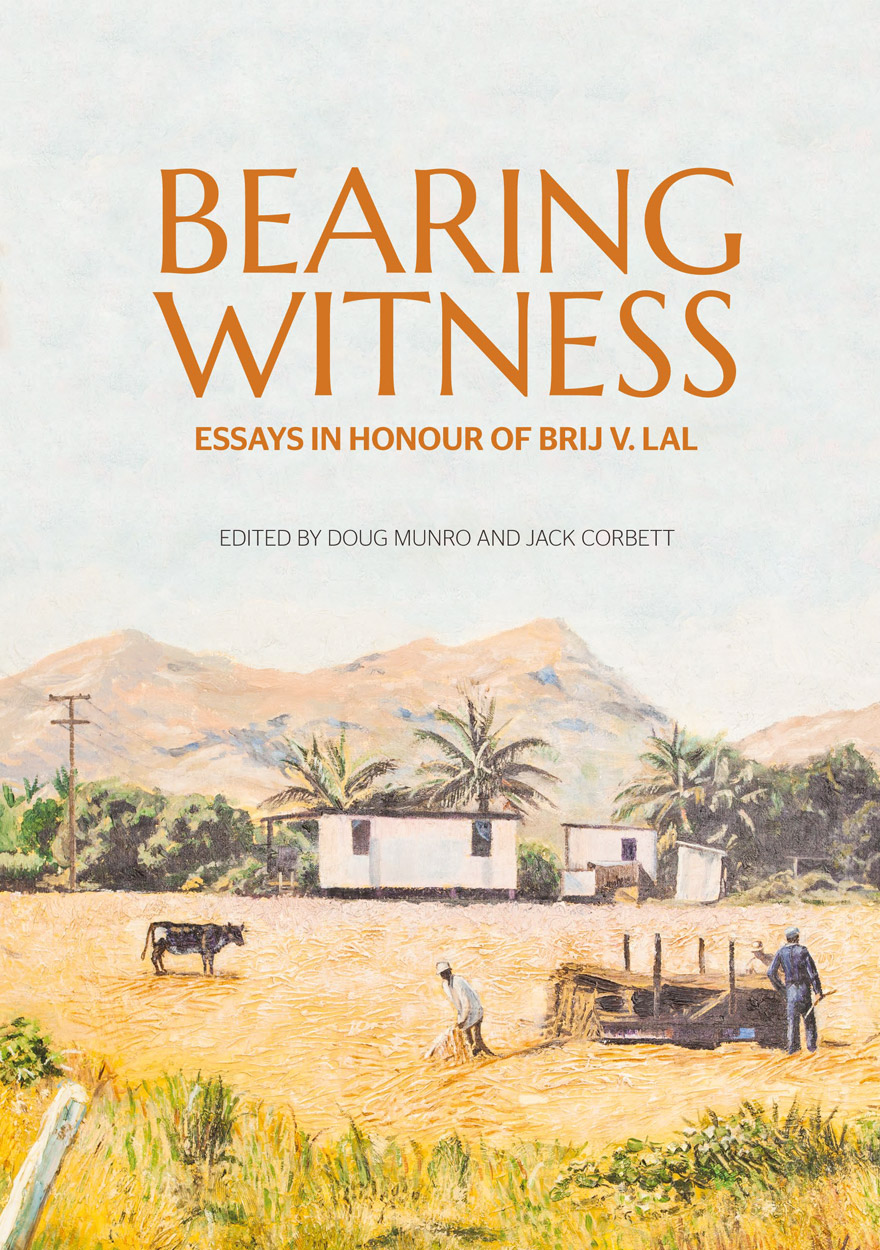Search titles
Displaying results 1 to 10 of 55.

Fijians in Transnational Pentecostal Networks »
Authored by: Karen J. Brison
Publication date: April 2023
In Fijians in Transnational Pentecostal Networks, Karen J. Brison examines the Harvest Ministry, an independent Fijian Pentecostal church that sends Fijian and Papua New Guinean missionaries to East Africa, Southeast Asia, Europe and elsewhere. After studying the ministry’s main church in Suva for several years, Brison visited its missionaries and their local partners in East Africa and Papua New Guinea. The result of those visits, this book provides an unusual insight into Pentecostal churches in the global south, arguing that they seldom produce novel visions of Christianity and world inequality. It also offers new perspectives, by situating Pacific island churches within a global community and by examining social class formation, which is increasingly important in the Pacific.
Pentecostalism has a consistent culture all over the world, but shared themes take on different meanings in the face of local concerns. In Fiji, Pentecostal churches are part of middle-class projects constructing leadership roles and highlighting transnational ties for a growing group of indigenous urban professionals. In Papua New Guinea, church leaders promote the idea that youths with blocked aspirations are tough and humble and therefore make invaluable missionaries. In East Africa, Pentecostal churches are part of a networking strategy that entrepreneurial individuals see as essential to survival. As these local groups each use Pentecostalism to advance their own agenda, they endorse Euro-American racial stereotypes and ideologies about social evolution and progress.

Suva Stories »
A History of the Capital of Fiji
Edited by: Nicholas Halter
Publication date: September 2022
Suva Stories explores a fascinating tapestry of histories in one of the Pacific’s oldest and most culturally diverse urban centres, the capital of Fiji. Charting the trajectory of Suva from indigenous village to colonial hub to contemporary Pacific metropolis, it draws on a rich colonial archive and moving personal memoirs that bear witness to their time. The diverse contributions in this volume form a complex mosaic of urban lives and histories that contribute fresh insights into historical and ongoing debates about race, place and belonging. Suva Stories is a valuable companion to those seeking to engage with the city’s pasts and present, and will prompt new conversations about history and memory in Fiji.

Youth in Fiji and Solomon Islands »
Livelihoods, Leadership and Civic Engagement
Authored by: Aidan Craney
Publication date: April 2022
Fiji, Solomon Islands and the wider Pacific region are experiencing a ‘youth bulge’. As such, the livelihoods pathways of youth in these countries will be a key determinant of their social, political and economic futures. This book looks at the cultural expectations of Fijian and Solomon Islander youth, as well as the socio-political positioning of youth activists. It investigates how formal and informal structures – such as education, employment and civil society – affect the ability of youth to achieve their potential and actively engage in their societies. Through this investigation, a recurrent theme develops of the structural minimisation of youth in these countries: they are ‘to be seen but not heard’. But Pacific youth are more than citizens in waiting; they are already important members of their communities, with varying degrees of engagement in critical civil society. More than simply leaders of tomorrow, they are partners for today. Youth in Fiji and Solomon Islands documents and details some of the ways that young people in Fiji and Solomon Islands are forging their way as leaders not just of youth, but of their communities. Whilst the majority of youth are engaging in society in acceptable, social ascribed ways, and the majority of adults resist youth participation as a technique to maintain the social status quo, a small but influential cohort of both youth and adults are creating spaces for today’s young people to help to shape the developmental futures of the Great Ocean States of the Pacific.

Civil Society and Transitional Justice in Asia and the Pacific »
Publication date: November 2019
Over the last two decades, civil society has helped catalyse responses to the legacies of violent conflicts and oppressive political regimes in Asia and the Pacific. Civil society has advocated for the establishment of criminal trials and truth commissions, monitored their operations and pushed for take-up of their recommendations. It has also initiated community-based transitional justice responses. Yet, there has been little in-depth examination of the breadth and diversity of these roles. This book addresses this gap by analysing the heterogeneity of civil society transitional justice activity in Asia and the Pacific.
Based upon empirically grounded case studies of Timor-Leste, Indonesia, Cambodia, Myanmar, Bougainville, Solomon Islands and Fiji, this book illustrates that civil society actors can have different – and sometimes competing – priorities, resources and approaches to transitional justice. Their work is also underpinned by diverse understandings of ‘justice’. By reflecting on the richness of this activity, this book advances contemporary debates about transitional justice and civil society. It will also be a valuable resource for scholars and practitioners working on Asia and the Pacific.

Levelling Wind »
Remembering Fiji
Authored by: Brij V. Lal
Publication date: October 2019
‘What I have sought to do in my work is to give voiceless people a voice, place and purpose, the sense of dignity and inner strength that comes from never giving up no matter how difficult the circumstances. History belongs as much to the vanquished as to the victors.’
— Brij V. Lal
‘Professor Brij Lal is the finest historian of the Indian indentured experience and the Indian diaspora. His Girmitiyas is a classic.’
— Emeritus Professor Clem Seecharan, London Metropolitan University
‘Brij Lal is a highly respected, versatile and imaginative scholar who has made a lasting contribution to the historiography of the Pacific.’
— Dr Rod Alley, Victoria University of Wellington
‘Professor Brij Lal’s life is a remarkable journey of a scholar and an intellectual whose writings are truly transformative; a man of moral clarity and courage who also has deep pain at being cut off from his homeland.’
— Professor Michael Wesley, Dean of the College of Asia and the Pacific, The Australian National University
‘Brij Lal is a singular scholar, whose work has spanned disciplines – from history, political commentary, encyclopedia, biography and “faction”. Brij is without doubt the most eminent scholar in the humanities and social sciences Fiji has ever produced. He also remains one of the most significant public intellectuals of his country, despite having been banned from entering it in 2009.’
— Emeritus Professor Clive Moore, University of Queensland
‘Brij Lal is an accomplished and versatile historian and true son of Fiji. Above all, there is affirmation here of the enduring worth of good literature and the value of good education that Lal received and wants others to experience. The world needs more Lals who speak out against ruling opinions and dare to stray into the pastures of independent thought.’
— Professor Doug Munro, historian and biographer, Wellington, and Adjunct Professor at the University of Queensland

Contested Terrain »
Reconceptualising Security in the Pacific
Authored by: Steven Ratuva
Publication date: September 2019
Contested Terrain provides a cutting-edge, comprehensive and innovative approach to critically analysing the multidimensional and contested nature of security narratives, justified by different ideological, political, cultural and economic rationales. This is important in a complex and ever-changing situation involving a dynamic interplay between local, regional and global factors. Security narratives are constructed in multiple ways and are used to frame our responses to the challenges and threats to our sense of safety, wellbeing, identity and survival but how the narratives are constructed is a matter of intellectual and political contestation. Using three case studies from the Pacific (Fiji, Tonga and Solomon Islands), Contested Terrain shows the different security challenges facing each country, which result from their unique historical, political and socio-cultural circumstances. Contrary to the view that the Pacific is a generic entity with common security issues, this book argues for more localised and nuanced approaches to security framing and analysis.

The Moral Economy of Mobile Phones »
Pacific Islands Perspectives
Edited by: Robert J. Foster, Heather A. Horst
Publication date: May 2018
The moral economy of mobile phones implies a field of shifting relations among consumers, companies and state actors, all of whom have their own ideas about what is good, fair and just. These ideas inform the ways in which, for example, consumers acquire and use mobile phones; companies promote and sell voice, SMS and data subscriptions; and state actors regulate both everyday use of mobile phones and market activity around mobile phones. Ambivalence and disagreement about who owes what to whom is thus an integral feature of the moral economy of mobile phones. This volume identifies and evaluates the stakes at play in the moral economy of mobile phones. The six main chapters consider ethnographic cases from Papua New Guinea, Fiji and Vanuatu. The volume also includes a brief introduction with background information on the recent ‘digital revolution’ in these countries and two closing commentaries that reflect on the significance of the chapters for our understanding of global capitalism and the contemporary Pacific.

Mobilities of Return »
Pacific Perspectives
Edited by: John Taylor, Helen Lee
Publication date: December 2017
In recent decades, the term ‘mobility’ has emerged as a defining paradigm within the humanities. For scholars engaged in the multidisciplinary topics and perspectives now often embraced by the term Pacific Studies, it has been a much more longstanding and persistent concern. Even so, specific questions regarding ‘mobilities of return’—that is, the movement of people ‘back’ to places that are designated, however ambiguously or ambivalently, as ‘home’—have tended to take a back seat within more recent discussions of mobility, transnationalism and migration.
This volume situates return mobility as a starting point for understanding the broader context and experience of human mobility, community and identity in the Pacific region and beyond. Through diverse case studies spanning the Pacific region, it demonstrates the extent to which the prospect and practice of returning home, or of navigating returns between multiple homes, is a central rather than peripheral component of contemporary Pacific Islander mobilities and identities everywhere.

The General’s Goose »
Fiji's Tale of Contemporary Misadventure
Authored by: Robbie Robertson
Publication date: August 2017
His admirers said he was a charismatic leader with a dazzling smile, a commoner following an ancient tradition of warrior service on behalf of an indigenous people who feared marginalisation at the hands of ungrateful immigrants. One tourist pleaded with him to stage a coup in her backyard; in private parties around the capital, Suva, infatuated women whispered ‘coup me baby’ in his presence. It was so easy to overlook the enormity of what he had done in planning and implementing Fiji’s first military coup, to be seduced by celebrity, captivated by the excitement of the moment, and plead its inevitability as the final eruption of long-simmering indigenous discontent. A generation would pass before the consequences of the actions of Fiji’s strongman of 1987, Sitiveni Rabuka, would be fully appreciated but, by then, the die had been well and truly cast. The major general did not live happily ever after. No nirvana followed the assertion of indigenous rights. If anything, misadventure became his country’s most enduring contemporary trait. This is Fiji’s very human story.

Bearing Witness »
Essays in honour of Brij V. Lal
Edited by: Doug Munro, Jack Corbett
Publication date: July 2017
"Brij V. Lal is a singular scholar. His work has spanned disciplines—from history to politics—and genres—from conventional monograph history, to participant history, political commentary, encyclopaedia, biography and faction. Brij is without doubt the most eminent scholar Fiji has ever produced. He also remains the most significant public intellectual of his country, despite having been banned from entering it in 2009. He is also one of the leading Pacific historians of his generation, and an internationally recognised authority on the Indian diaspora. This Festschrift volume celebrates, reflects upon and extends the life and work of this colourful scholar. The essays, whose contributors are drawn from across the globe, do more than review Brij’s work; they also probe his contribution to both scholarly and political life. This book will therefore serve as an invaluable guide for readers from all walks of life seeking to better situate and understand the impact of Brij’s scholarly activism on Fiji and beyond."
— Clive Moore, University of Queensland
"It is a pleasure to commend this collection of very different essays that celebrate, reflect upon and extend the life and work of a remarkable scholar. Although I have had, at times, a close association with Brij Lal’s life and work, I have learned much from reading this book. It provokes further thought about the course of democracy in Fiji, and the very sorry state and future of Pacific history and the humanities in academia. Here is a timely assertion of the significance and major contribution that courageous scholars such as Brij have made to the study and public awareness of these areas of concern."
— Jacqueline Leckie, University of Otago



